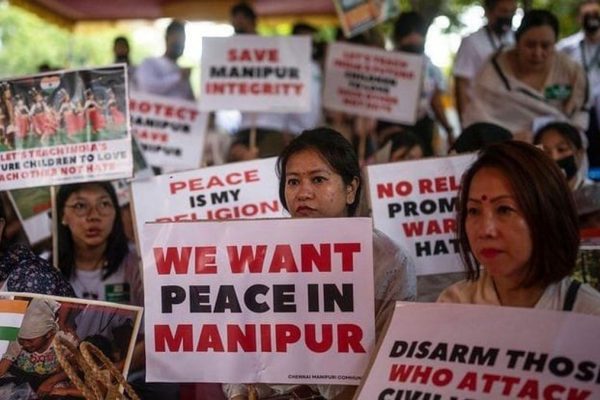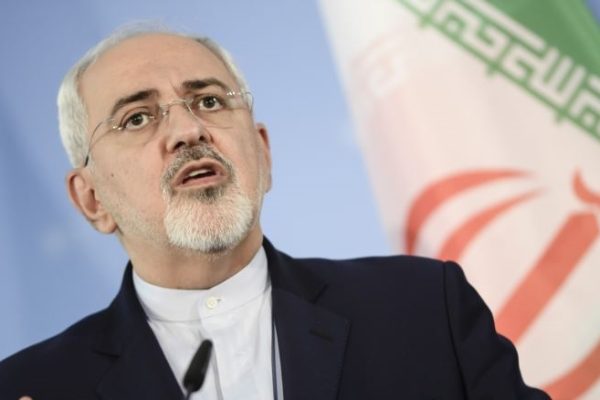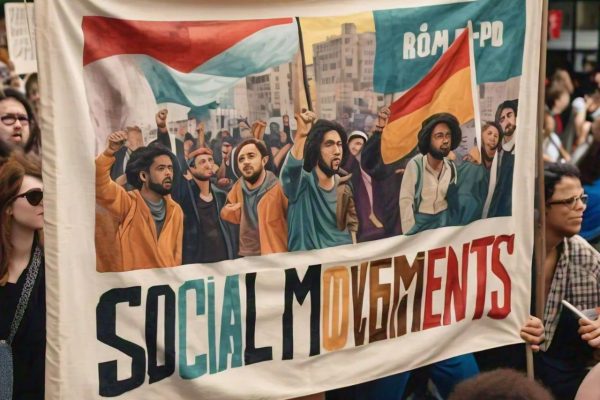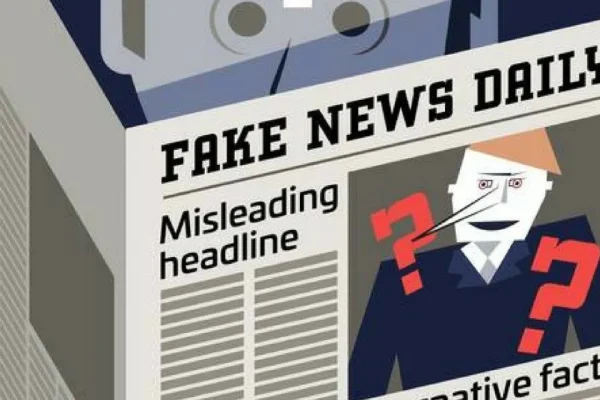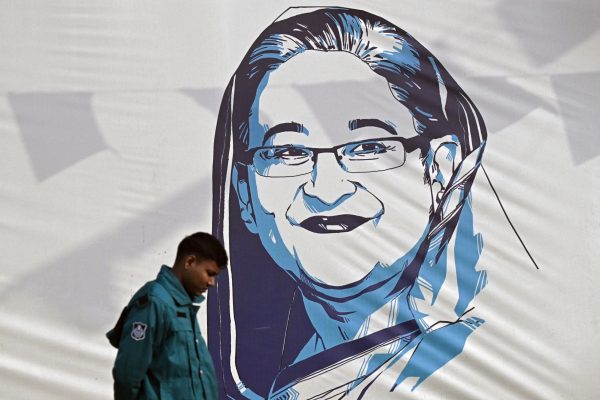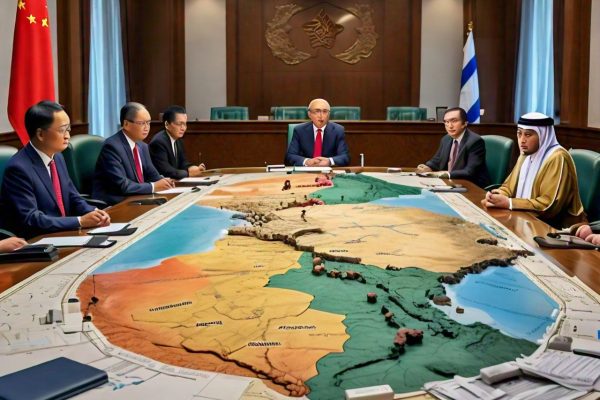
China’s Diplomatic Efforts in the Middle East: An In-Depth Analysis
China’s diplomatic efforts in the Middle East have been gaining momentum in recent years, driven by its growing economic and strategic interests in the region. With investments totaling over $120 billion in the Belt and Road Initiative (BRI), China is seeking to expand its influence and challenge traditional power dynamics. But as China navigates complex geopolitical tensions and domestic challenges, can it maintain its diplomatic momentum and solidify its position as a key player in the Middle East?










